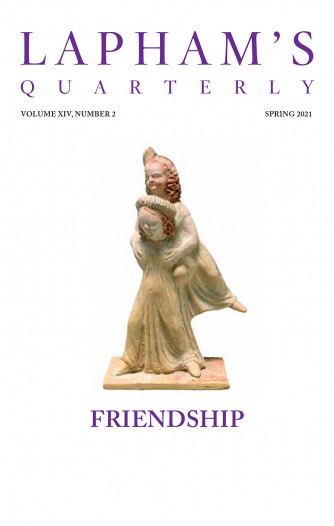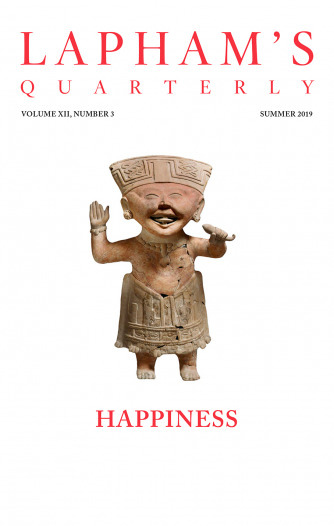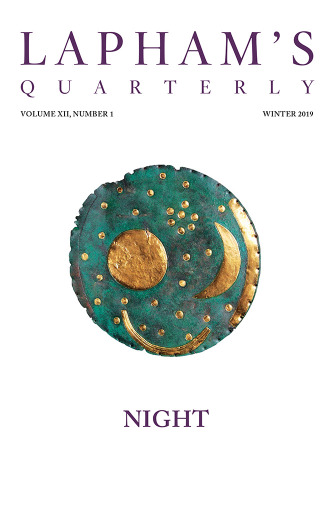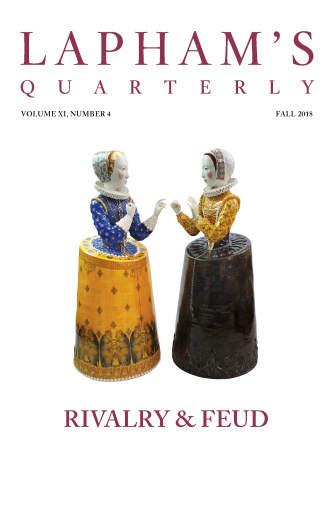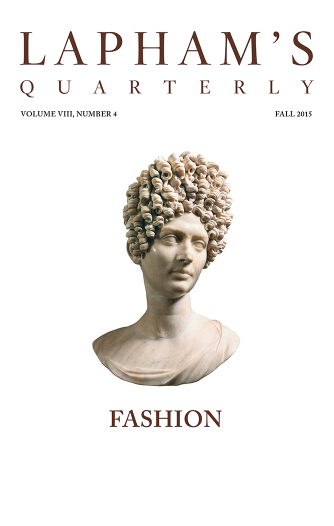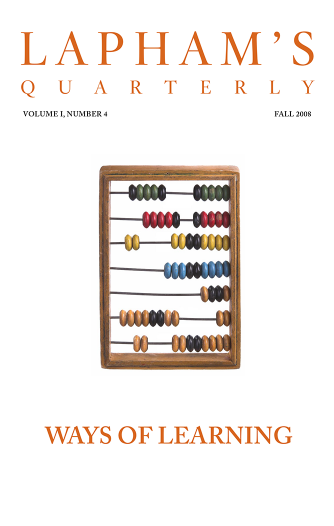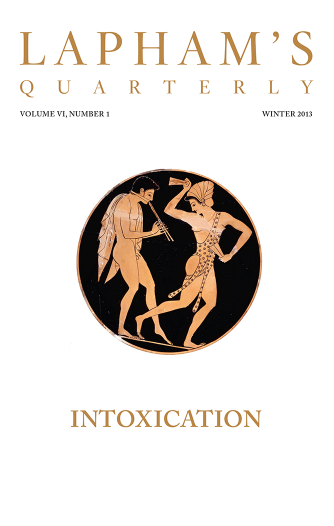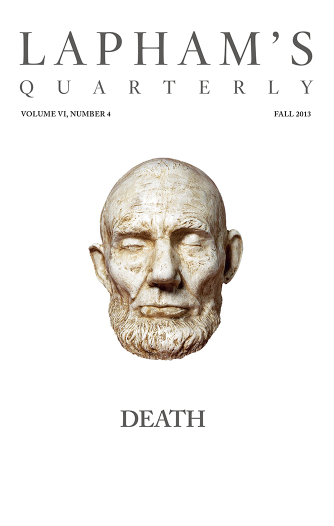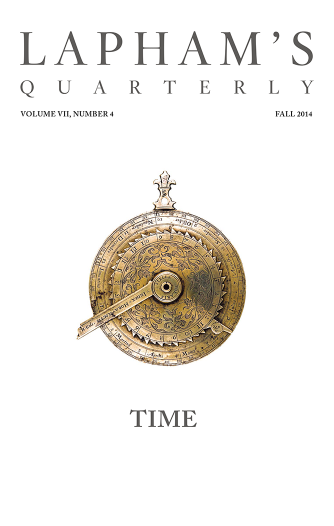
Seneca the Younger
(4 BC - 65)
Seneca the Younger led a tumultuous life in politics: the emperor Caligula desired to kill the “mere textbook orator,” and Caligula’s successor, Claudius, exiled him to Corsica in 41. Recalled to Rome in 49, he was made the tutor of Nero, whom he later served as an imperial political adviser. In 65 Nero demanded that Seneca commit suicide for purported involvement in a conspiracy. “After murdering his mother and brother,” Seneca announced, “it only remained for him to kill his teacher and tutor.” He slit his veins, dictated a dissertation, drank hemlock, and died in a vapor bath.

